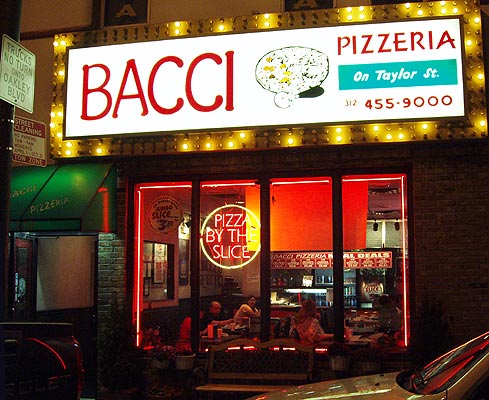
Belgium, Luxembourg and The Netherlands plumped up Fortis to the tune of 11.2 billion euros, and still the firm is sliding downhill. Did the financial world fail to notice this fortification?
Shareholders were unimpressed with the move. Stock prices declined because the bank was running out of money, so you'd think that more money would be the solution. Such is not the case.
It's more than just the cash shortages that have turned away investors. Even Filip Dierckx, the newly installed chief executive officer, realizes that the acquisition of ABN Amro was a mistake.
When the suits who run the place are viewed as incompetent, it doesn't matter how much money the government pours in to re-float the financial boat. Poor management will only bungle things again, and then the government has to step in again, but the next time might not come with bundles of cash. The next time might be collapse and bankruptcy. New management might be as mistake-prone as the old. Who's going to gamble when the stakes are high and the outcome uncertain?
It is expected that Fortis will try to unload ABN Amro, which bought out Chicago's LaSalle Bank a few years ago. With no credit available, who's going to buy, and what will become of ABN Amro as the toxic mortgage loan fall-out poisons the credit markets?






